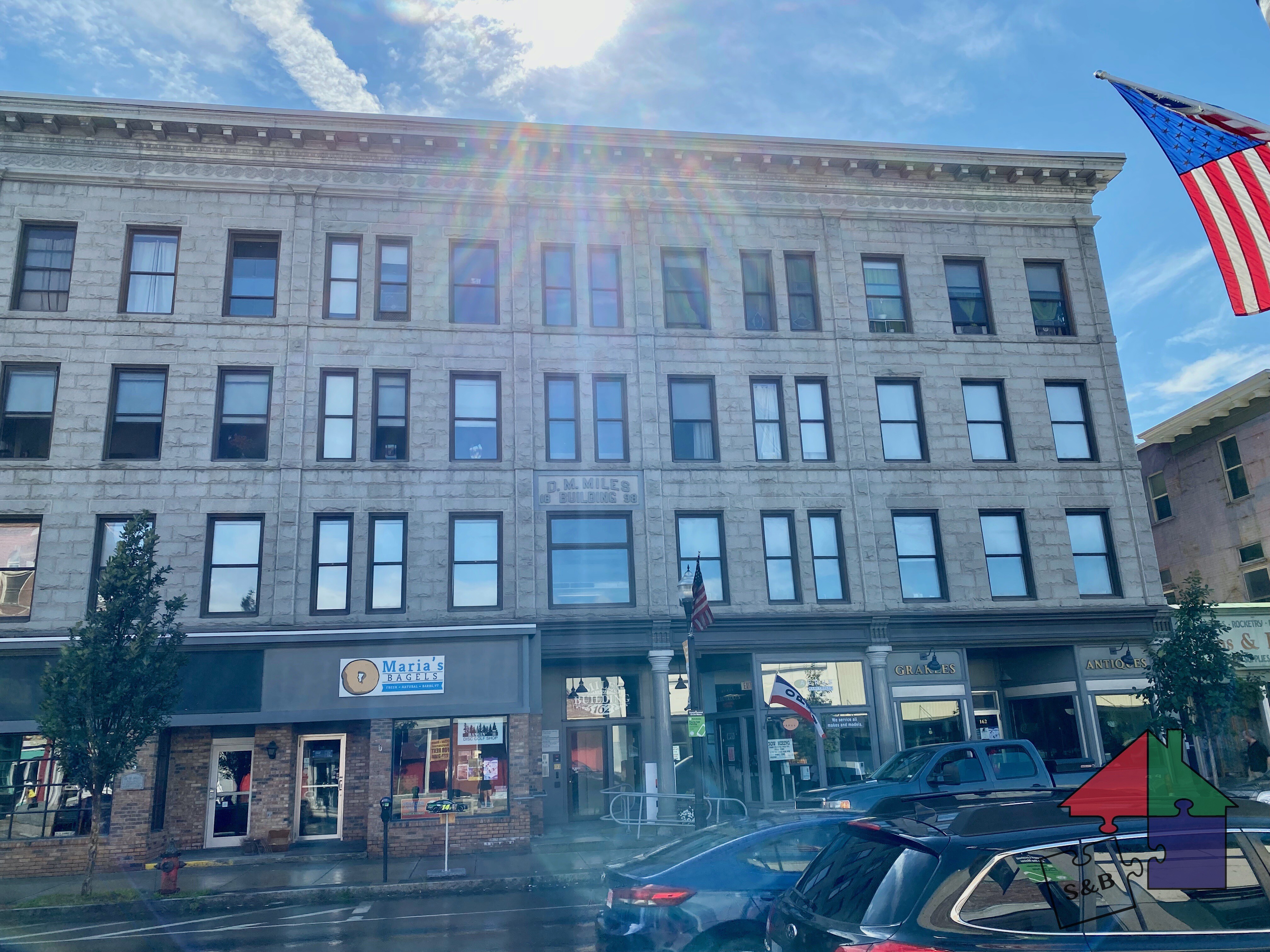The Benefits of Owning Real Estate

In today’s world, Real Estate is a hot commodity. However, there is a significant difference between owning your primary residence and owning an investment property. To fully grasp the concepts of owning investment properties, you need to understand the advantages this type of business brings. Owning investment property is a business after all! You have income, expenses, and at the bottom of your financial report, if you have done this correctly, you have profit (cashflow). Let’s look at the 4 advantages of owning investment properties which are: Appreciation, Depreciation, Amortization, and Cash Flow.
Appreciation
If you have read my previous blog post entitled “Market Vs. Forced Appreciation”, you know that there are two types of appreciation. They are “Market Appreciation” and “Forced Appreciation”. To quickly summarize; Market Appreciation is caused by other market influences which drive values up. An example of this could be a major employer that moves into the area, bringing many jobs, which disrupts the supply and demand chain. Forced appreciation is the result of your own efforts which causes the value of the property to increase. This could be increasing below market rents, reducing operating costs, or simply putting in a little “sweat equity” to your property. Investment properties allow you to benefit from the appreciation of your asset over time. If you purchase a property for $100,000 with 3% annual appreciation, in 10 years that same property will be worth $130,500. Pretty cool!
Depreciation
One of the biggest perks with investment property is the IRS allows you to depreciate your cash basis in the property, less the value of the land. The reason for this is the different components of the property will not last forever. Boilers, water heaters, roofs, appliances, etc all have a life span, and the depreciation aspect allows you to account for this. For residential properties you can depreciate the asset over 27.5 years, and for commercial properties it’s 39 years. Let's assume we purchased that same residential property for $100,000, and the land is worth $10,000. That leaves you with $90,000 of depreciable value. This means, every year for 27.5 years, you get to write off $3,273 dollars. Pretty awesome!
Amortization
This is the ability to pay down your debt service on the property over a period time typically between 20 and 30 years. This ideally should be done using the rental income collected from the property. Financing packages vary depending on the strength of the property and the borrower, also they vary from lender to lender. The reason amortization is so great is because you are using leverage to borrow money to purchase the property, and the rental income from the properties supplement the debt service on a monthly basis allowing you to pay down the debt. Nothing out of your pocket! This part is crucial when underwriting a potential investment project. The rents MUST support the debt service. Using the same $100,000 let’s assume you obtain a financing package with an amortization period of 30 years at a 4% interest rate and the bank requires a 20% ($20,000) down payment. This means the bank is going to finance the remaining 80% ($80,000). This scenario would result in a monthly mortgage payment of $382 and after 10 years of payments, the balance would be around 63,000.
Cash Flow
I touch quickly on this concept in the intro, but cashflow is the money you are left with after all expenses, and debt service items have been paid. If you are starting out, it is very important that your rents not only support the debt service, but also result in positive cash flow.
To summarize, here is what we just discussed. We assumed the purchase of a $100,000 property and looked 10 years into the future. At the 10 -year mark, that same property is worth $130,500 and the balance of the debt is 63,000. That is a difference of $67,500 which is now equity and every year, for 10 years, you have also produced cash flow, and have been allowed to capture the depreciation benefit of $3,273. This is why real estate is such a desired asset for investment purposes and why it is crucial to purchase properties at realistic prices. The above scenario, while made up for example purposes, is not far from the reality that can be achieved. However, all of this can be significantly disrupted by overpaying, over projecting rents, under projecting expenses, and getting less than desirable financing.
-Reuben Stone, President of Stone and Browning Property Management